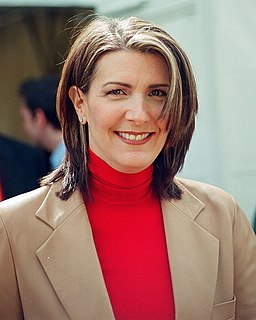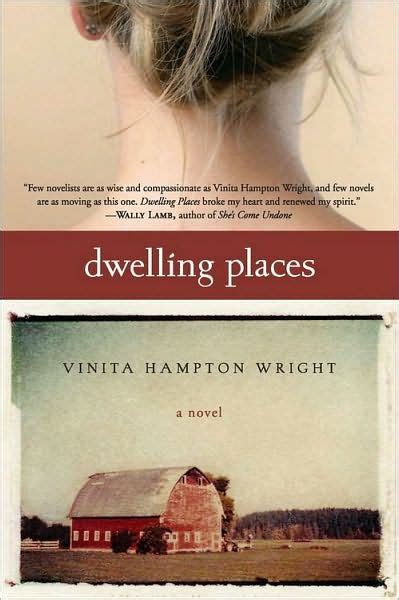A Quote by Stephen Fry
When you get just a complete sense of blackness or void ahead of you, that somehow the future looks an impossible place to be, and the direction you are going seems to have no purpose, there is this word despair which is a very awful thing to feel.
Related Quotes
It is said that scattered through Despair's domain are a multitude of tiny windows, hanging in the void. Each window looks out onto a different scene, being, in our world, a mirror. Sometimes you will look into a mirror and feel the eyes of Despair upon you, feel her hook catch and snag on your heart.
But the indeterminate future is somehow one in which probability and statistics are the dominant modality for making sense of the world. Bell curves and random walks define what the future is going to look like. The standard pedagogical argument is that high schools should get rid of calculus and replace it with statistics, which is really important and actually useful. There has been a powerful shift toward the idea that statistical ways of thinking are going to drive the future.
If you're a gardener, or creating a garden you're clearly looking to the future. You have a sense of your own future and a sense of yourself in that space. People coming here feel that hope, that renewal, and that sense of regeneration. They get their hands dirty and connect back to the ground, which is what we feel strongly about - giving everybody the opportunity to get connected to the earth.
Part of writing a novel is being willing to leap into the blackness. You have very little idea, really, of what's going to happen. You have a broad sense, maybe, but it's this rash leap. It's like spelunking. You kind of create the right path for yourself. But, boy, are there so many points at which you think, absolutely, I'm going down the wrong hole here. And I can't get back to the right hole. I'm not going to be able to get this section back to the right hole - so I'm just going to have to cut it.
There is a certain sense in which I would say the universe has a purpose. It's not there just somehow by chance. Some people take the view that the universe is simply there and it runs along-it's a bit as though it just sort of computes, and we happen by accident to find ourselves in this thing. I don't think that's a very fruitful or helpful way of looking at the universe, I think that there is something much deeper about it, about its existence, which we have very little inkling of at the moment.
Every one has experienced how learning an appropriate name for what was dim and vague cleared up and crystallized the whole matter. Some meaning seems distinct almost within reach, but is elusive; it refuses to condense into definite form; the attaching of a word somehow (just how, it is almost impossible to say) puts limits around the meaning, draws it out from the void, makes it stand out as an entity on its own account.
My life is absolutely meaningless. When I consider the different periods into which it falls, it seems like the word Schnur in the dictionary, which means in the first place a string, in the second, a daughter-in-law. The only thing lacking is that the word Schnur should mean in the third place a camel, in the fourth, a dust-brush.
For some people, the beginning is a time of complete chaos. You see bits and pieces of what is before you. You have a sense of what it is you must set out to do. But nothing will form yet. When you sit down to write or paint or form movement, it's like stepping over a cliff or into a dense fog. All you can do is trust that this impending masterpiece is going to somehow manifest itself as you work. But you do know that there is something specific ahead, and you feel the excitement of that.
Hope is a terrible thing, she said. Is it? Yes, it keep you living in another place, a place which doesn't exist. For some people it's better than where they are. For many it's a relief. From life, she said. A relief from life? Is that living? Some people don't have a choice. No and that's awful for them. Hope is better than misery, he said. Or despair. Hope belongs in the same box as despair. Hope is not so bad, he said. At least despair has truth to it.


































